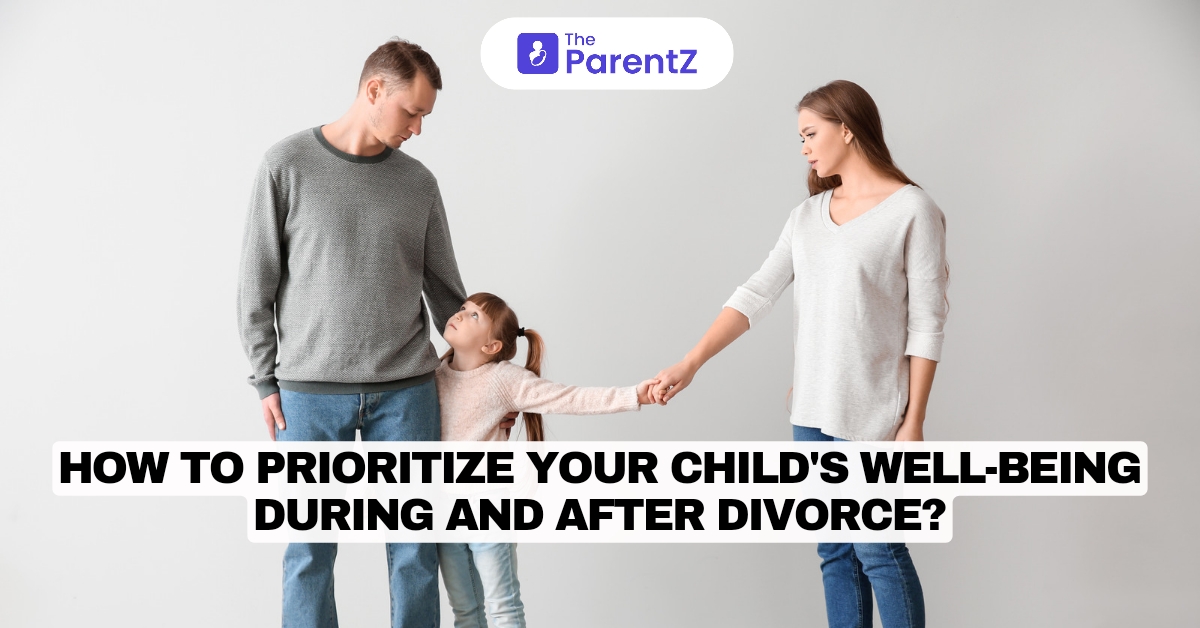When a couple goes through a divorce, everyone involved goes through a difficult and emotional experience, especially the children. While it’s true that a loveless or hostile marriage has a negative impact on a child’s well-being, prioritizing their needs throughout the process is crucial. This blog will discuss navigating this challenging time while teaching you how to give a safe and supportive environment to your child.
Understanding Your Child’s Journey
The path a child takes through a divorce varies depending on their age, personality, and the circumstances surrounding the separation. It’s important to recognize some common stages they might experience:
- Initial Arguments: Witnessing constant conflict between parents can be confusing and frightening for children. They may even feel responsible for the situation.
- The Unknown: As the reality of separation sets in, children might feel a sense of insecurity about the future. Will they see both parents regularly? Where will they live?
- The “Will They-Won’t They” Stage: Some children hold onto hope for their parents to reconcile. This can be a confusing time with fluctuating emotions.
- Finalization: Once the divorce is finalized, children may experience sadness, anger, or even relief.
- The “Divorce Conversation”: Talking about the divorce with your child is a necessary step. Be honest and age-appropriate, focusing on the fact that the situation isn’t their fault.
Supporting Your Child Through Emotional Rollercoasters
It’s normal for children to experience a range of emotions during and after divorce. Here are some ways to help them navigate these feelings:
- Create a Safe Space for Communication: Let your child know they can talk to you about anything, even if it’s anger or sadness directed towards you. Validate their feelings and avoid minimizing their experience.
- Be Patient with Their Responses: Don’t expect your child to behave perfectly. They may act out, withdraw, or seem apathetic. Be understanding and offer support without judgment.
- Maintain Consistent Routines: As much as possible, try to keep familiar routines in place. This provides a sense of stability during a time of change.
- Open Communication is Key: Talk about the divorce openly and honestly but in an age-appropriate way. Use clear and simple language, avoiding details they don’t need to know.
- Don’t Play the Blame Game: Avoid criticizing or bad-mouthing your ex-partner in front of your child. This can damage their relationship with the other parent and create unnecessary guilt or confusion.
- Encourage Healthy Coping Mechanisms: Help your child develop healthy ways to manage stress and express emotions. Activities like exercise, art, or journaling can be helpful outlets.
- Consider Professional Help: If your child is struggling to cope with the separation, please don’t hesitate to ask for professional help.
You’re Still a Team
Even though you’re no longer together as a couple, you and your ex-partner are still a team when it comes to parenting. Here are some tips for co-parenting:
- Prioritize Communication: Develop a clear communication plan with your ex-partner to ensure consistent and unified messaging with your child.
- Put Your Differences Aside: Focus on shared goals for your child’s well-being, setting aside personal conflicts.
- Respect Parenting Styles: Acknowledge that you and your ex may have different parenting styles. Find ways to compromise and ensure these differences don’t confuse your child.
- Maintain Consistency in Expectations: Make sure your child understands the rules and expectations at both homes. Consistency is critical to their stability.
Healing Takes Time
Divorce is known to be a complex process, and healing takes time. Be patient with yourself, your child, and your ex-partner. There will be setbacks, but focusing on open communication, empathy, and a commitment to your child’s well-being will help you navigate this challenging journey.








Be the first one to comment on this story.